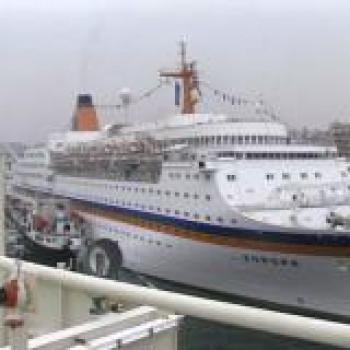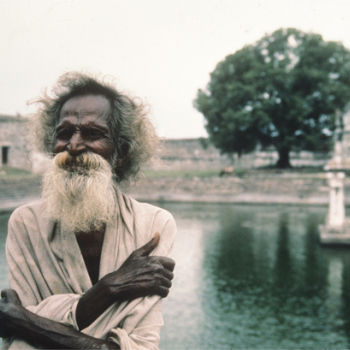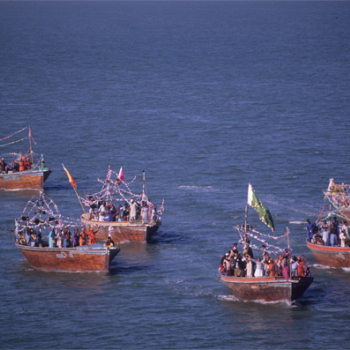Al Sadu, traditional weaving skills in the United Arab Emirates
© Intangible Heritage Department (ADACH), UAE
Al Sadu is a traditional form of weaving practised by Bedouin women in rural communities of the United Arab Emirates to produce soft furnishings and decorative accessories for camels and horses. Bedouin men shear the sheep, camels and goats, and the wool is cleaned and prepared by the women. The yarn is spun on a drop spindle, then dyed, then woven on a floor loom using a warp-faced plain weave. The traditional colours are black, white, brown, beige and red, with distinctive patterns in the form of narrow bands of geometric designs.
Al ‘azi, elegy, processional march and poetry
© Mohammad AL-shohri/MHC
Al ‘azi is a genre of sung poetry performed in the northern regions of the Sultanate of Oman. It constitutes one of the major expressions of Omani cultural and musical identity. It takes the form of a poetry contest punctuated by sword and step movements and poetic exchanges between a singer poet and a choir. It may involve a large number of participants from one village or tribe, guided by the poet who recites improvised and memorized poems in Arabic.
Indonesian Kris
© Ministry of Culture and Tourism of the Republic of Indonesia
The kris or keris is a distinctive, asymmetrical dagger from Indonesia. Both weapon and spiritual object, the kris is considered to possess magical powers. The earliest known kris go back to the tenth century and most probably spread from the island of Java throughout South-East Asia.









